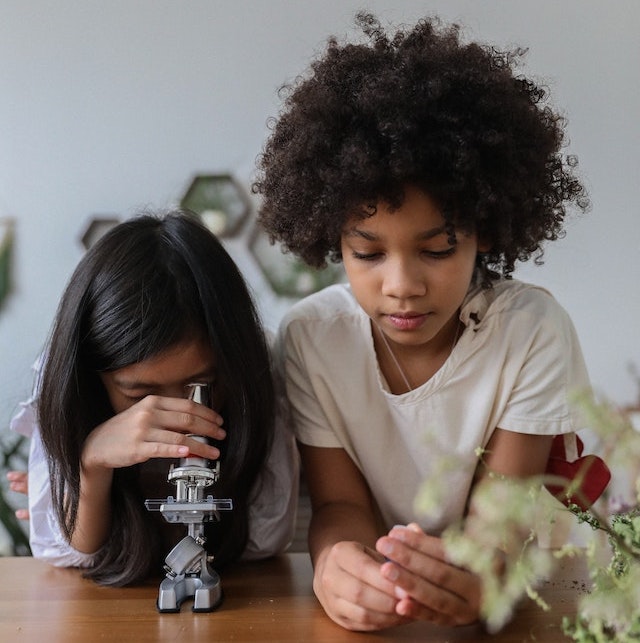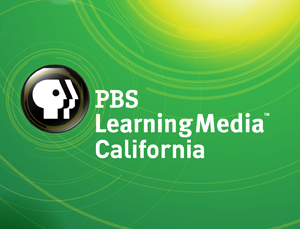 It’s no secret that curiosity makes learning more effective and enjoyable. Curious students not only ask questions, but also actively seek out the answers. Without curiosity, Sir Isaac Newton would have never formulated the laws of physics, Alexander Fleming probably wouldn’t have discovered penicillin, and Marie Curie’s pioneering research on radioactivity may not exist.
It’s no secret that curiosity makes learning more effective and enjoyable. Curious students not only ask questions, but also actively seek out the answers. Without curiosity, Sir Isaac Newton would have never formulated the laws of physics, Alexander Fleming probably wouldn’t have discovered penicillin, and Marie Curie’s pioneering research on radioactivity may not exist.
Instilling students with a strong desire to know or learn something is what every teacher lives for, and research has even shown that curiosity is just as important as intelligence in determining how well students do in school. But how much do we really know about its role in the learning process?
Your Brain Likes Curiosity
Researchers from the University of California, Davis conducted a series of experiments to discover what exactly goes on in the brain when our curiosity is aroused. For the study, the researchers had participants rate how curious they were to learn the answers to more than 100 trivia questions, such as “What Beatles single lasted longest on the charts, at 19 weeks?” or “What does the term ‘dinosaur’ actually mean?” At certain points throughout the study, fMRI scans were carried out to see what was happening in the brain when participants felt particularly curious about the answer to a question.
So what did these experiments reveal? Here are two of the most important findings.
1. Curiosity prepares the brain for learning.
While it might be no big surprise that we’re more likely to remember what we’ve learned when the subject matter intrigues us, it turns out that curiosity also helps us learn information we don’t consider all that interesting or important.
The researchers found that, once the subjects’ curiosity had been piqued by the right question, they were better at learning and remembering completely unrelated information.
So if a teacher is able to arouse students’ curiosity about something they’re naturally motivated to learn, they’ll be better prepared to learn things that they would normally consider boring or difficult.
2. Curiosity makes subsequent learning more rewarding.
Aside from preparing the brain for learning, curiosity can also make learning a more rewarding experience for students.
The researchers found that when the participants’ curiosity had been sparked, there was not only increased activity in the hippocampus, which is the region of the brain involved in the creation of memories, but also in the brain circuit that is related to reward and pleasure.
So not only will arousing students’ curiosity help them remember lessons that might otherwise go in one ear and out the other, but it can also make the learning experience as pleasurable as ice cream or pocket money.
Asking the Right Question
Naturally, there are still a few things that remain unclear about curiosity’s role in learning. For one thing, scientists have yet to determine its long-term effects. For instance, if a student’s curiosity is stimulated at the beginning of a school day, will it help them better absorb information all day long? Another thing the researchers are keen to investigate is why some people are more naturally curious than others, and which factors most influence how curious we are.
So rather than jumping straight into the answers, let’s try to start students off with the sort of questions that encourage them to do their own seeking.
Excerpted from “Why Curiosity Enhances Learning” in Edutopia. Read the full article online.
Source: Edutopia | Why Curiosity Enhances Learning, https://www.edutopia.org/blog/why-curiosity-enhances-learning-marianne-stenger | © 2023 George Lucas Educational Foundation
The Schwab Learning Center at CHC helps college and high school students with diverse learning challenges succeed in all areas of their lives. Register for support with a learning specialist at the Schwab Learning Center at CHC.





